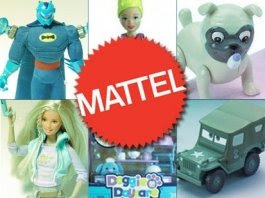
Canada's Maple Leaf Foods has agreed to a $27 million settlement for about 5,000 people affected earlier this year by listeriosis-contaminated deli meats.
Company President Michael McCain said the Toronto company and class-action lawyers had worked together to settle the claims that began in August with Canada's largest recall.
The federal Canadian Food Inspection Agency says 20 people died of listeria poisoning, although a Saskatchewan class-action lawyer claims that there are actually 29 families that lost someone to poisoning.
Under the settlement Maple Leaf's liability insurer will pay - $120,000 will go to the estates of people who died plus funeral expenses, $35,000 to their spouses, $30,000 for each of their children and $20,000 for their parents.
Related illnesses lasting a day or two will be eligible for a $750 payout, and people who were sick two weeks to a month will receive $8,000 plus any loss of income and $750 a day for hospitalization.
The settlement still requires court approval in Ontario, Quebec and Saskatchewan.
Mark J. Caruso
Caruso Law Offices, PC
Licensed in New Mexico and California
http://www.carusolaw.com/
505-883-5000
800-657-9292
Company President Michael McCain said the Toronto company and class-action lawyers had worked together to settle the claims that began in August with Canada's largest recall.
The federal Canadian Food Inspection Agency says 20 people died of listeria poisoning, although a Saskatchewan class-action lawyer claims that there are actually 29 families that lost someone to poisoning.
Under the settlement Maple Leaf's liability insurer will pay - $120,000 will go to the estates of people who died plus funeral expenses, $35,000 to their spouses, $30,000 for each of their children and $20,000 for their parents.
Related illnesses lasting a day or two will be eligible for a $750 payout, and people who were sick two weeks to a month will receive $8,000 plus any loss of income and $750 a day for hospitalization.
The settlement still requires court approval in Ontario, Quebec and Saskatchewan.
Mark J. Caruso
Caruso Law Offices, PC
Licensed in New Mexico and California
http://www.carusolaw.com/
505-883-5000
800-657-9292


